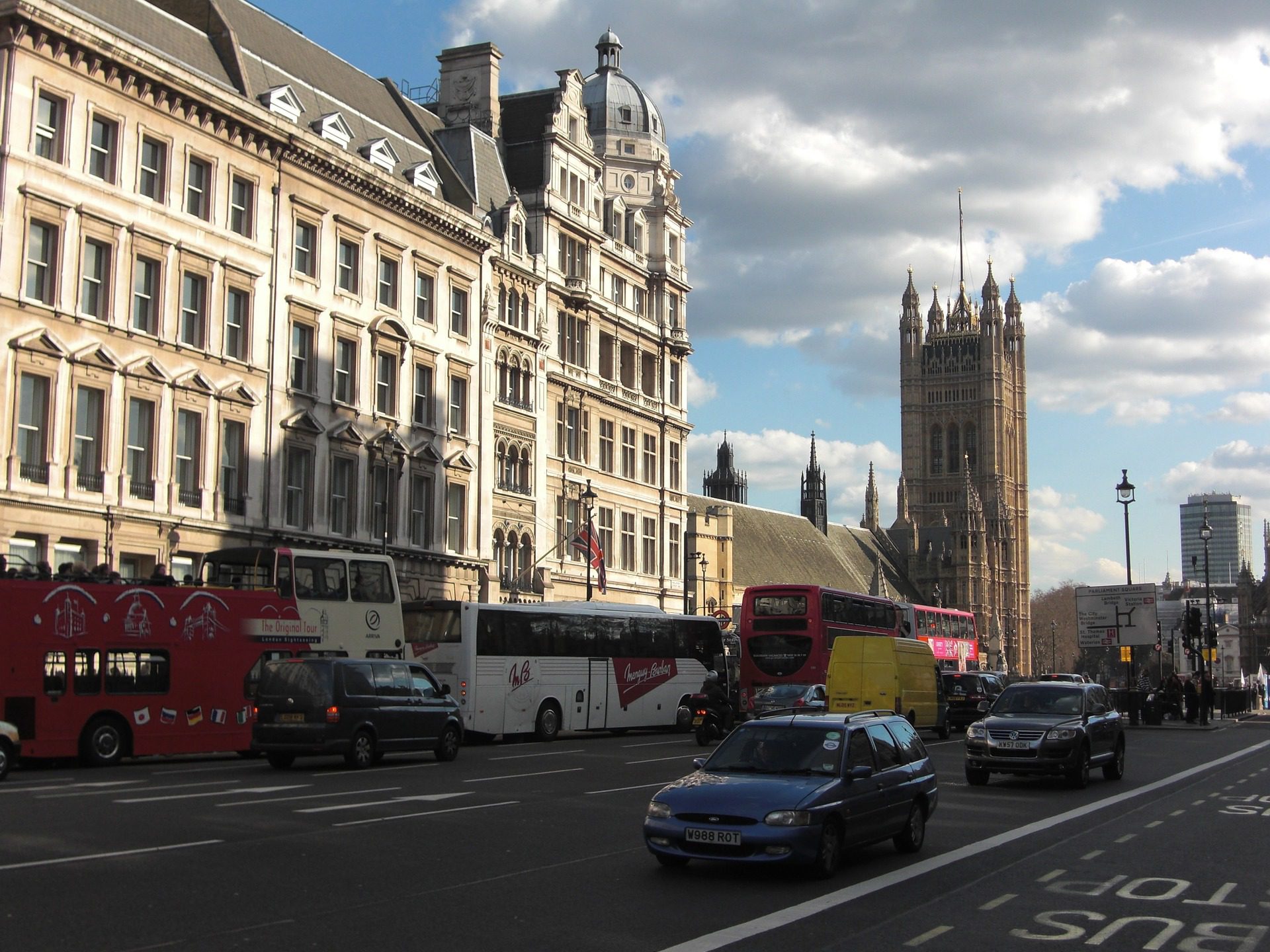Subject: Why the Bill (Vol. 703) brought to the House by Mr. Tim Loughton MP should be rejected at the second reading on the 18the of March 2022?
Dear Honorable Members of the House of Commons,
As you may know that Mr Tim Loughton MP put forward a Bill on the 9th of November 2021 for the recognition of hardships experienced by Armenians in Eastern Anatolia during World War I should be recognised as “genocide”. In the light of this, I am writing to you all to draw attention to some facts.
Britain has been a notable exception among several Western powers which blindly recognized the tragic war-time events in Eastern Anatolia during World War I as the first genocide of the 20th century. Until now British governments and parliamentarians have followed an exemplary foreign policy, guided by integrity and credibility.
According to Genocide Convention adopted by the UN in 1948, a court ruling is required for a historical or current event to be recognized as genocide. Without a fair judicial trial, the coding of any historical event as genocide on the grounds of personal or legislative accounts is a highly politicized act. It has no value in terms of international law. Armenian genocide allegations have not been ratified by any international court or tribunal as defined in Article 6 of the Convention. On the contrary, it was confirmed in the Malta Tribunal that there had never been a Turkish policy to exterminate Armenians.
By the end of World War I, when the victorious British army occupied Istanbul, 144 Ottoman officials and military officers were arrested and sent to Malta as prisoners of war. The judicial investigation lasted for more than two years, while the Crown Prosecution Service gathered evidence to prosecute and “sentence the Turks” for perpetrating “mass killings against Armenians”. As well as transporting the relevant Ottoman archives to London from occupied Istanbul, every document believed to be in America, Syria, Iraq, Egypt, and Caucasia was called for examination. Eventually, on July 29, 1921, Britain’s highest legal prosecution authority, Her/His Majesty’s Attorney General for England, and Wales informed the British Government that without reasonable doubt, and with the “evidence in hand”, none of the Turks in Malta could be prosecuted for massacring Armenians.
There is no doubt that the British Prosecutor General’s ruling to dismiss the Armenian massacre accusations for “lack of evidence” concludes the matter and refers to a legal prosecution process during which the “Armenian massacre”, or currently termed “genocide” allegations, were studiously investigated and found baseless. In modern law this ruling corresponds to a “judgement of non-prosecution” which amounts to saying, “If there is no legal evidence to support the Armenian massacre claims, there is no legal basis to file or bring a lawsuit”.
Britain has since then clearly and irrevocably stated that the events of 1915/1916 cannot be described as genocide. However, some Western parliaments habitually take a prejudicial stance and pass a bill as if they have jurisdiction in the matter. Prejudices are symptoms of an ill-natured political culture which may threaten the very concept of politics and pose dangers to democracy.
The Malta Tribunal is the key to overcome prejudices and to face the historical and judicial facts. The British Foreign Office documents of the Malta Tribunal (1919/1921) which are available in the British National Achieves refute the Armenian genocide allegations. These documents confirm that the wartime tragedy in Eastern Anatolia do not meet the criteria for the definition of genocide by the UN Convention.
On the basis of all these facts, I trust the Honourable Members of the House of Commons will reject the Bill (Vol. 703) brought by Mr. Tim Loughton MP on the second reading on the 18th March 2022.
Yours sincerely,
Uluc Gurkan
Lecturer in Politics
www.ulucgurkan.net – www.twitter.com/Uluc_Gurkan
[email protected] – [email protected]
0090 312 4198777 – 0090 532 2180758
- Deputy Speaker-Turkish Grand National Assembly/TGNA (1995-1999)
- Vice President-Parliamentary Assembly of the Council of Europe/PACE (2000-2002)
- Vice President–Parliamentary Assembly of the Organization for Security and Co-operation in Europe/OSCE-PA(1992-1995)
- Head of the Turkish Delegation-Parliamentary Assembly of the Western European Union/WEU-PA (1999-2002)
Member- Turkish Grand National Assembly/TGNA (1991-2002)
Middle East Technical University and Ufuk University (2003-….)


Leave a Reply